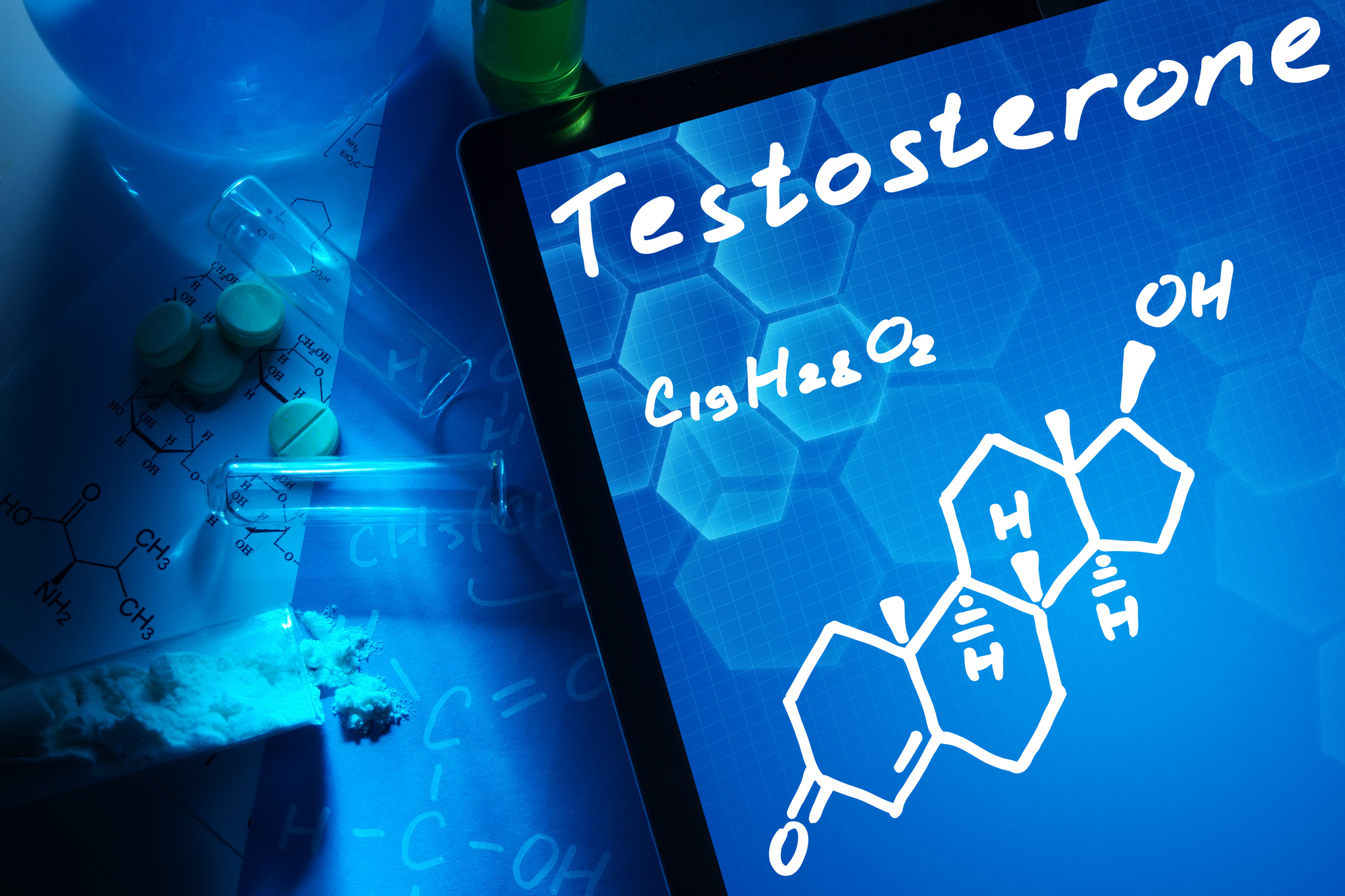Blog
5 Signs That You May Have Low Testosterone Levels

Are you often fatigued, battling mood swings, or experiencing a noticeable decrease in your sex drive?
Or perhaps you've been trying to build muscle mass in the gym, but your efforts seem to be in vain.
If these situations sound familiar, you may be dealing with low testosterone levels. Testosterone, an essential hormone in the human body, plays a crucial role in many bodily functions, particularly in men.
Its influence stretches from mood regulation and muscle mass generation to libido and bone density.
To help you understand if you have low testosterone, we have written a guide. Keep reading if you want to find out more.
1. Decreased Libido
Testosterone plays a vital role in maintaining libido. A dip in this hormone often correlates with a reduced interest in sexual activity.
This could manifest as a lack of sexual desire. You might also have a decrease in the frequency of sexual thoughts. Furthermore, low testosterone may negatively impact sexual performance.
It's normal for sexual desire to gradually decrease with age. But a sudden or severe drop might be a sign of low testosterone levels.
Introducing certain health tips and lifestyle changes can potentially help increase male potency. This includes regular exercise, a balanced diet, and adequate sleep.
2. Lack of Energy
Feeling unusually tired and lacking the energy to perform everyday tasks can be another sign of low testosterone.
If you find yourself feeling lethargic, even after getting a good night's sleep, or if you're less motivated to engage in activities you usually enjoy, it could be due to low testosterone levels.
Regular physical activity can help boost energy levels and potentially increase testosterone production.
3. Mood Swings and Irritability
Testosterone influences mood and mental capacity. Men with low testosterone may experience mood swings, increased irritability, depression, or a general sense of discontentment.
These symptoms can often be overlooked or attributed to stress or aging. However, they can be a sign of low testosterone and should not be ignored.
4. Decreased Muscle Mass and Increased Body Fat
If you're noticing a reduction in muscle mass, particularly if you're maintaining your usual exercise and dietary habits, it could be a sign of low testosterone.
Additionally, low testosterone can lead to an increase in body fat, particularly in the chest area. This might cause a condition known as gynecomastia.
Adapting your workout routines to include resistance and high-intensity interval training can stimulate testosterone production and help maintain muscle mass.
5. Reduced Bone Mass
The thinning of bone mass, or osteoporosis, is a less known but significant sign of low testosterone. Testosterone aids in bone production and density, and low levels can increase the risk of fragile and brittle bones.
This is often a silent symptom until you have a fracture.
Regular weight-bearing exercises and adequate intake of calcium and vitamin D are essential health tips for maintaining strong, healthy bones and potentially improving testosterone levels.
How to Know if You Have Low Testosterone
It can be difficult to know how to figure out whether or not you have low testosterone.
Keep in mind that one of the most common signs is decreased libido. You might also have mood swings and a lack of energy.
Are you ready to boost your testosterone levels? If so, you should consider using our all-natural male enhancer. Don't hesitate to order yours today!
‹ Back



